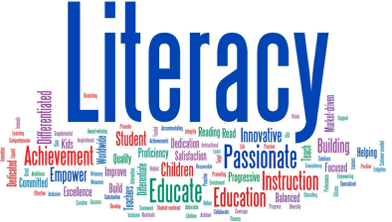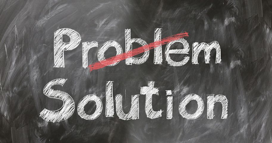As a teacher, nothing made me more proud than seeing the reading progress my students made over the course of a year. I remember each fall, after the first round of benchmarking, thinking how will I ever get my kiddos up to grade level standards? (Yes, I know that meeting grade level benchmarks is NOT the end all be all – what is most important is that each student makes individual growth; however, all teachers strive for benchmark – I was no exception).
I started my teaching career out as a first grade teacher. I struggled putting my reading block together, it felt disjointed and unconnected yet I knew it was the single most important part of my day. It was obvious my students were learning but were they learning because of my help and guidance or in-spite of my disjointed reading lessons?
As I mentioned in a previous post, I had an amazing mentor! I was extremely lucky. She was one of our building’s literacy facilitators and came into my room every day during guided reading to support my students whose data showed they were not making the benchmark “cut score” (sigh – I feel a blog coming soon about data hahaha). One day, at a data team meeting, I shared that I didn’t feel my literacy block ran smoothly, I didn’t have a fluid connection between what I was doing.
 Within a matter of minutes I had a laundry list of resources I needed explore. Fountas & Pinnell, Gallagher, Harvey & Goudvis, Allington, Boushey & Moser, Routman…these famous authors became my best friends of the course of the year.
Within a matter of minutes I had a laundry list of resources I needed explore. Fountas & Pinnell, Gallagher, Harvey & Goudvis, Allington, Boushey & Moser, Routman…these famous authors became my best friends of the course of the year.
I would be here all day if I tried to explain everything I learned from each of these “gurus”. These professional books taught me more than I had learned in all 4 years of my undergrad! But the ah-ha moment was when I went back to my mentor at the end of the year to synthesis what I learned by teaching (first hand experience) and reading these amazing resources – I needed to streamline and focus my reading block!
I looked over my schedule and ensured I had all the aspects of a balanced literacy in my schedule: read aloud, guided reading, shared reading, independent reading, word study, writer’s workshop. However, having all the components doesn’t mean anything if, as a teacher, I wasn’t showing the connection between them for my students.
I knew what balanced literacy was, I knew what students needed to be able to do and learn within each aspect of balanced literacy…but how I was going to make it all happen? The answer was simple…..It is all about the gradual release of responsibility.
 Thank you Reggie Routman for introducing me to “I do, we do, you do”! I would model the objective of the lesson (I do), give the class an opportunity to practice the objective together (we do) and finally, releasing students to practice the skill or concept independently (you do). I repeated this process during whole group, small group, and individual settings across all areas of balanced literacy.
Thank you Reggie Routman for introducing me to “I do, we do, you do”! I would model the objective of the lesson (I do), give the class an opportunity to practice the objective together (we do) and finally, releasing students to practice the skill or concept independently (you do). I repeated this process during whole group, small group, and individual settings across all areas of balanced literacy.
I had over complicated my reading block to the point that I took the fun out of reading. Going back to the basics of balanced literacy and gradual release of responsibility put the enjoyment back into reading not just for myself but for my students! And isn’t that the most important aspect, that kids enjoy reading and feel successful doing so…creating lifelong readers??

Not only did my kids enjoy reading now, they were more successful than ever! I knew without a doubt that my students were now learning, in part, because of my streamlined, connected lessons. My reading block was my favorite part of my day, and still is for that matter!
I truly believe in education we often over complicate things, not because we mean to but because we have so many great ideas! I encourage everyone to go back to the basics, focus on one aspect of your teaching practice that feels stressful, discombobulated, or that data shows you may need a little support….what can you do to simplify, streamline, and become more effective and efficient as an educator?
 Please do not hesitate to reach out to me, at the ROE, to help support you in this reflective process. I can come and meet with you to talk through your frustrations and offer my guidance, support, and resources. All teachers work so hard, let me help you take a little of the work off your plate to work smarter, not harder!
Please do not hesitate to reach out to me, at the ROE, to help support you in this reflective process. I can come and meet with you to talk through your frustrations and offer my guidance, support, and resources. All teachers work so hard, let me help you take a little of the work off your plate to work smarter, not harder!
Katie Algrim – Director of Innovative Professional Learning
(t):630-444-3044
(c):630-675-4447
(e):kalgrim@kaneroe.org
